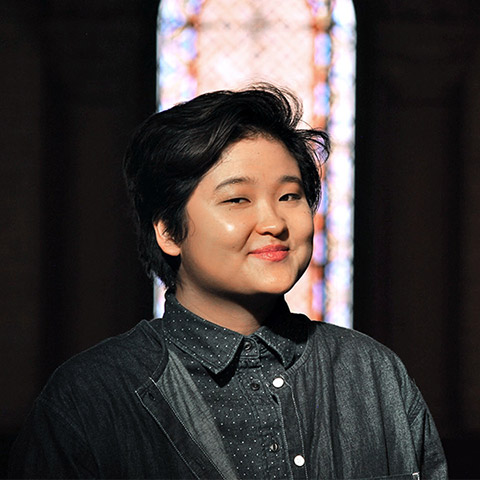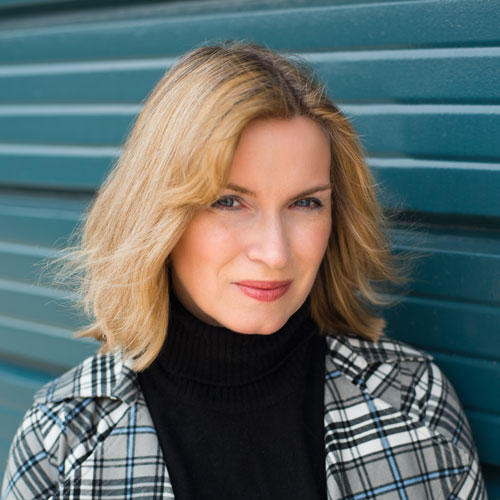You can’t major in comedy at U of T, but don’t tell Celeste Yim that. For almost four years, the Trinity College student of media, gender and English has been on a mission to get students laughing – as humour editor of the Strand, former head of the Trinity College Comedy Collective and one of the head writers of the UC Follies (the show that gave Lorne Michaels and Wayne and Shuster their starts). Yim – who is the newest member of the Sketchersons, a comedy troupe that performs weekly at Comedy Bar in Toronto – explored the serious business of being funny with Cynthia Macdonald.
Who’s influenced you?
I grew up watching Saturday Night Live – the women on that show were really influential for me. But in high school, while I was watching Amy Poehler on “Weekend Update,” I was also reading Alice Munro and Margaret Atwood. So I really had a kind of “woven” experience of comedy and literature.
Poehler and Atwood: now that’s an interesting hybrid.
(Laughs). But straight white men have actually been my main influences . . . Still, I think a lot about who I am as a standup, which is a young, racialized woman. It’s interesting to have strayed from watching Jerry Seinfeld, Mike Birbiglia and John Mulaney to creating my own persona – which is so different from the mainstream.
You recently held a summer job with Instagram. Social media has made comedy so sharp: those hilarious Twitter riffs remind me of the great Steven Wright and his one-liners.
Steven Wright was the first comic I ever watched: my gateway comic, if you will! And yes, social media makes comedy so shareable. It lets you use your voice, condense it and manipulate it in a way that’s really digestible; it lets you touch so many lives.
Sometimes you look at old routines from the 1960s and all comics are telling long, involved stories. The comedy is so quick now.
And comedy has to be good, because especially with sketch we’re asking these audiences to pay attention to us for pretty much no reason. And they pay money to see our shows and they spend time listening to what we have to say. I feel pretty aware of wasting people’s time and I really don’t want to do that. It’s been really interesting to form these groups of people – whether it’s sketch or Trinity College Comedy Collective or the Strand – and see all these different opinions and styles and connect that to audiences. It’s been so interesting to do that and fail many times. But also to succeed and have people come to us and praise us, that’s really cool.
Your comedy tackles serious social subjects – racism, self-image and hookups. How important is it that we sometimes deliver these messages with a spoonful of sugar?
Very. It’s been a really cathartic experience to be able to address things that many of my peers feel in ways that are poignant, and sometimes difficult to approach. And for me, comedy’s just another part of the academic experience – another form of reading and writing, of storytelling and narrative. It’s hard to divorce these activities from my academic life as they all co-exist.
Recent Posts
People Worry That AI Will Replace Workers. But It Could Make Some More Productive
These scholars say artificial intelligence could help reduce income inequality
A Sentinel for Global Health
AI is promising a better – and faster – way to monitor the world for emerging medical threats
The Age of Deception
AI is generating a disinformation arms race. The window to stop it may be closing





